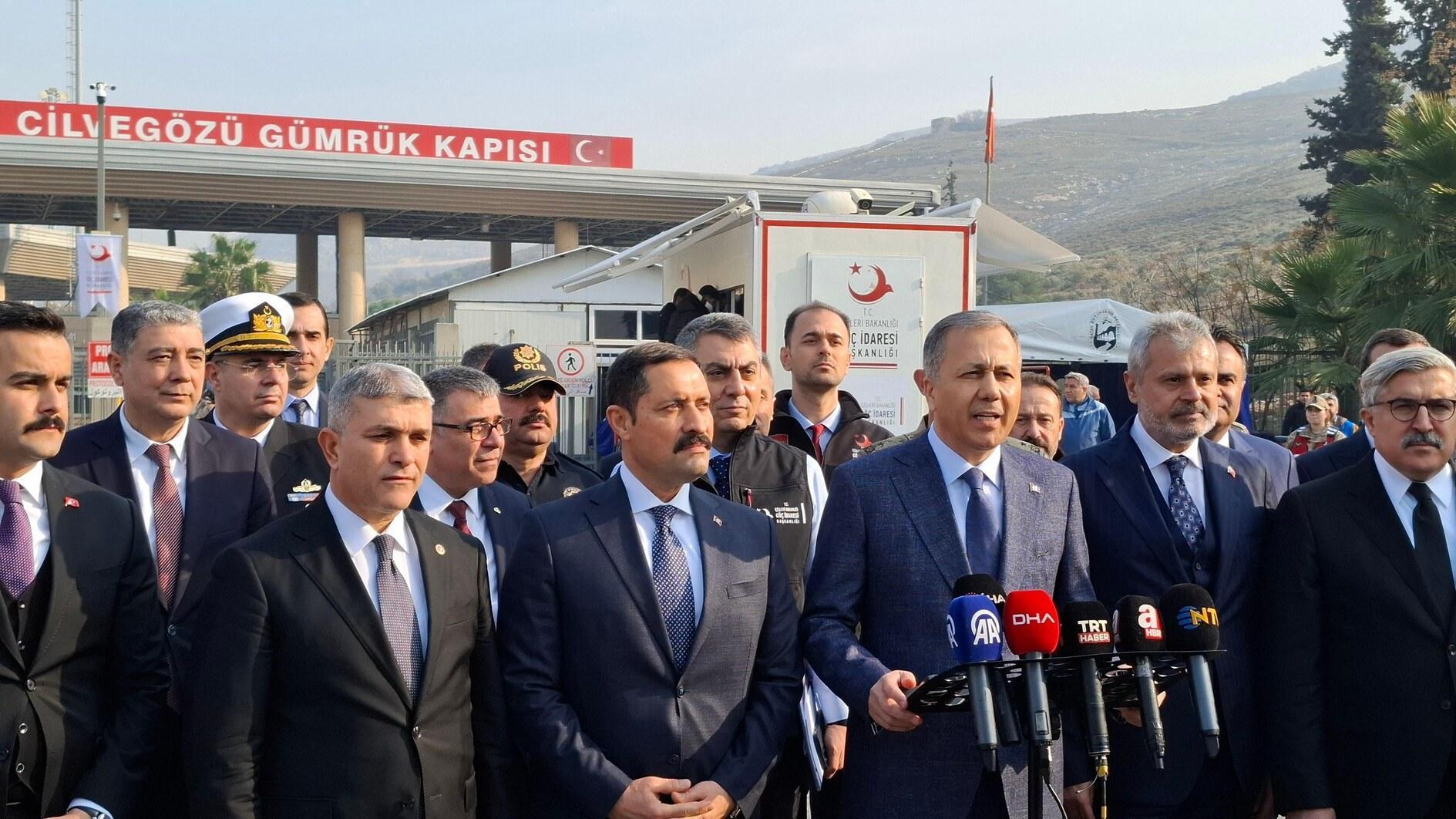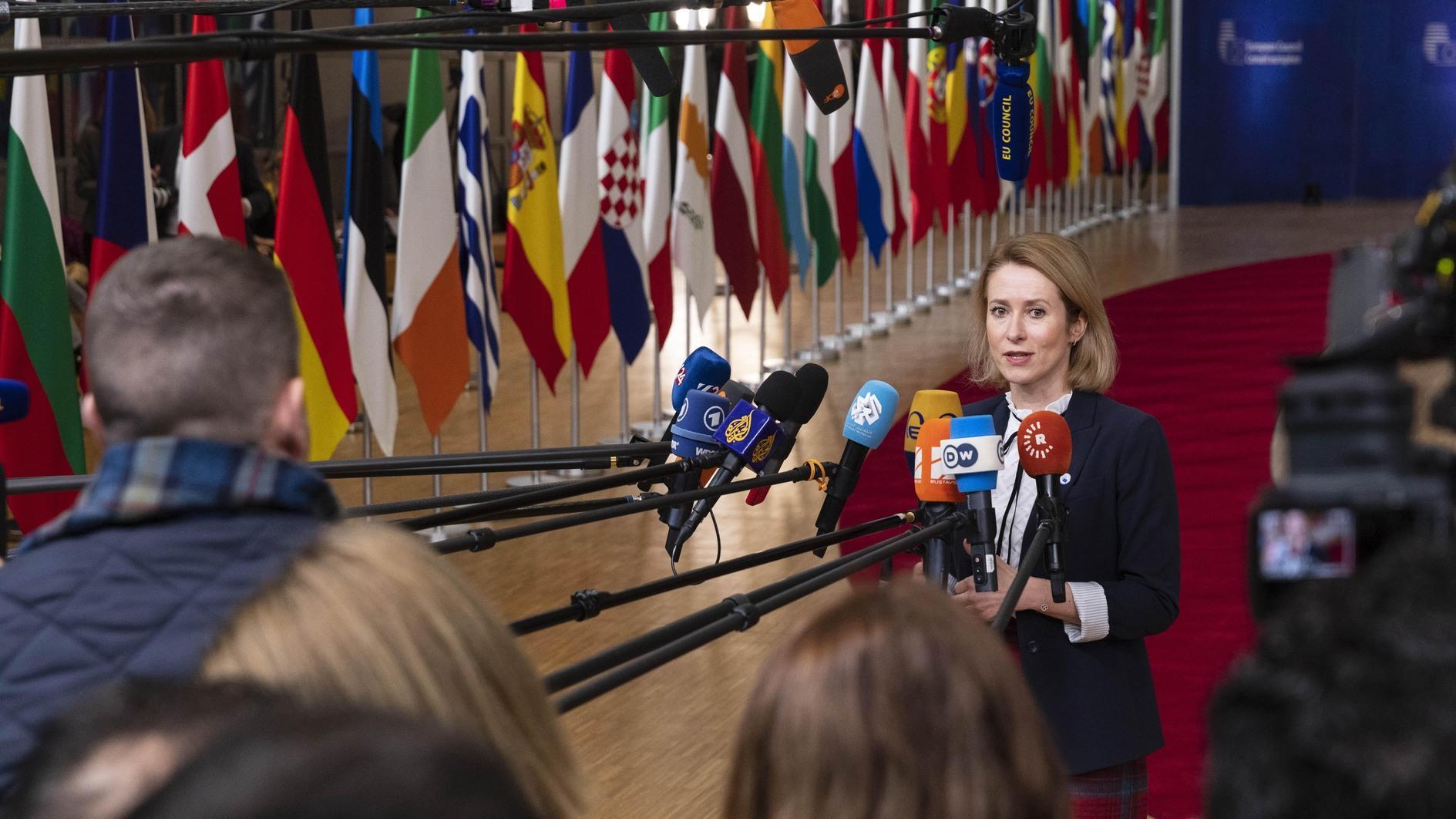Nobody will leave eurozone, more effort required: OECD
ISTANBUL- Hürriyet Daily News

People walk past a closed-down employment agency office with a message reading ‘Together we will create our own jobs.” The eurozone crisis is triggering unemployment. REUTERS photo
The eurozone will remain intact despite the current crisis, the secretary-general of the Organization for Economic Cooperation and Development (OECD) said yesterday.“I believe nobody is going to leave the euro and nobody should leave the euro,” Angel Gurria told a news conference during an international forum in Slovenia.
The European Central Bank should do more to stem the crisis in the eurozone because the current financial facilities are not enough, he said, according to Reuters.
“If you have the ECB which can work in the markets in order to bring down maturities then why Gurria said. “The system is at stake, the euro should not be put at risk ... the EFSF and the ESM are not enough, fast enough, reactive enough.”
He was referring to the European Financial Stability Facility and the European Stability Mechanism, the new, permanent euro rescue fund seen as a key fiscal pillar in Europe’s efforts to stem the crisis.
Gurria said he “hoped and expected” Germany’s Constitutional Court would approve the ESM on Sept. 12, after it was endorsed by parliament in June. Failure to approve it would almost certainly doom the ESM.
Bond issue
Asked if the ECB should start unlimited bond buying, he said: “Yes, I believe they should, the sooner, the better.” He said Slovenia, which markets speculate could become the next country to ask for an international bailout, should focus on reforms and only consider any possible bailout after implementing reforms and reducing the deficit.
Meanwhile, the head of Europe’s financial bailout fund, Klaus Regling, said the eurozone crisis could be over in “one or two years” if member states stick to their pledges, in an interview which was set to be published today.
“If all countries in the currency zone strictly fulfil their budgetary consolidation targets and continue to improve their competitiveness then the crisis can be over in one or two years,” he told German news weekly Der Spiegel.
Regling, who is German, described his EFSF rescue fund as successful in heading off the worst potential consequences of the crisis, now in its third year. “If it weren’t for us, Portugal and Ireland would probably no longer be in the eurozone.” The EFSF, which was established with a total lending capacity of 440 billion euros ($554 billion), is due to be replaced by a permanent bailout fund called the ESM, with 500 billion euros of firepower.
The ESM was due to come into force on July 1, but it has suffered delays, notably due to legal challenges in Germany, the fund’s effective paymaster.
SPAIN TO CONSIDER EXTRA AID
MADRID – Reuters
Rajoy said he wanted to see details of the European Central Bank’s (ECB) program to buy debt of eurozone countries with high borrowing costs before deciding whether to proceed with a request.
“If I believe it is good for Europe as a whole, for the euro, and for Spain, I will do it, and if not, not,” Spanish daily ABC quoted him as saying. ECB board member Joerg Asmussen said last week the ECB should only buy sovereign bonds of troubled euro zone states if the IMF was involved in setting conditions.
Spain is already struggling to implement austerity measures to reduce its debt burden and rescue banks hit by a collapse in property prices.
















